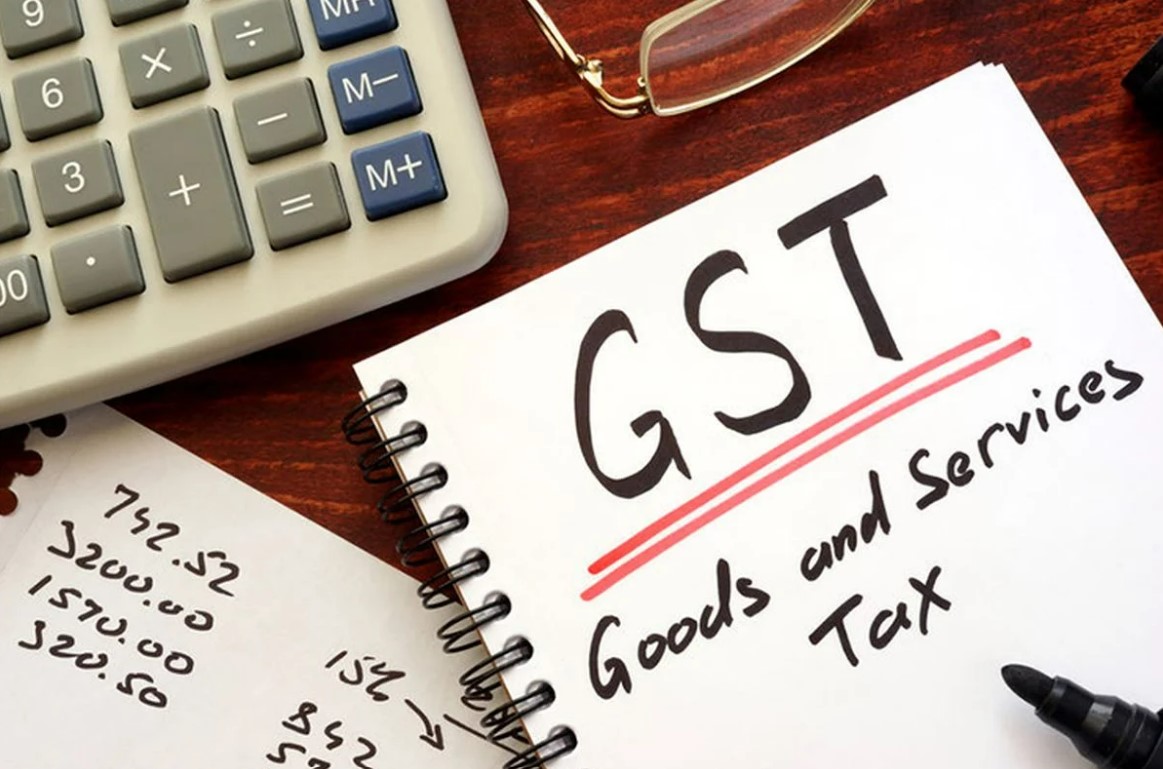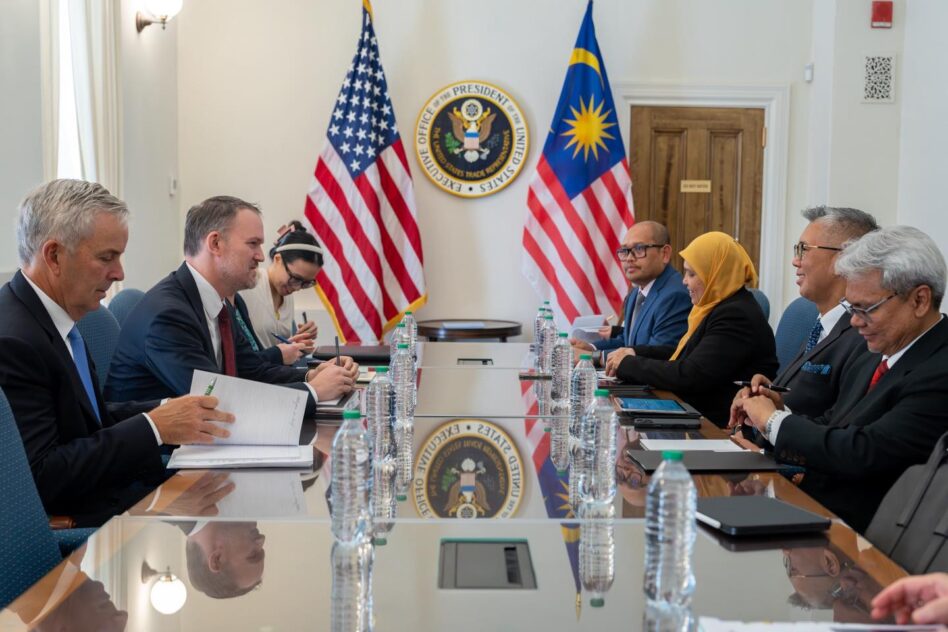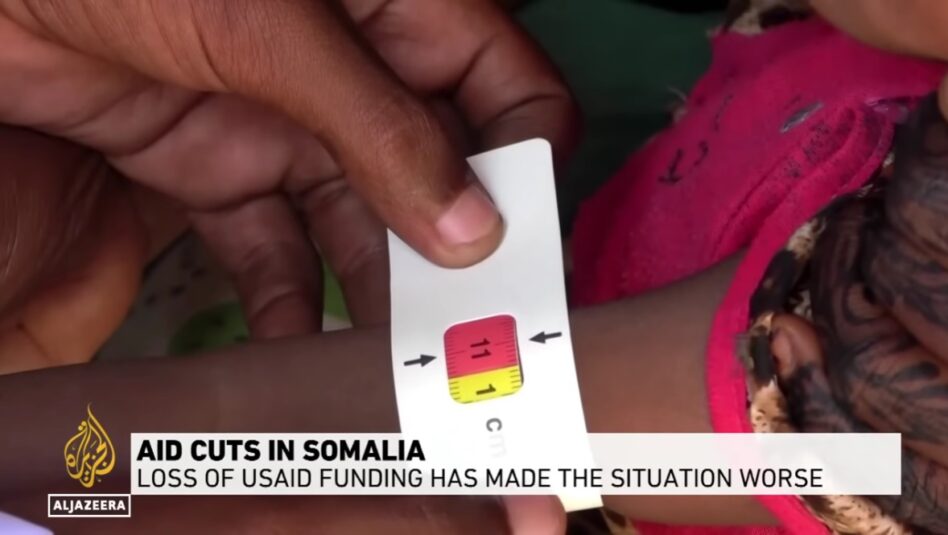THE Federation of Malaysian Manufacturers (FMM) is convinced the revival of the Goods and Services Tax (GST) is a timely lifeline for the country’s debt dilemma as well as well as to shore up adequate fiscal buffers in order to weather the next economic downturn.
Calling for the Government to reintroduce GST in the coming revised 2023 Budget, FMM president Tan Sri Soh Thian Lai said the return of once-controversial tax should be done at a rate that would not burden the people but “still help widen its revenue base to enable a faster reduction in the fiscal deficit and lower government debt ratio substantially”.
“Bearing in mind that the Government’s focus now is the revival of the economy and manufacturers will now need to prioritise their resources on rebuilding their business, FMM proposes for the reintroduction of the GST (i.e., GST 2.0) to be implemented only in 2024,” he said.
“As this broad tax base system would increase indirect taxes, it will give flexibility to the Government to reduce direct taxes (personal income tax and corporate tax) to make Malaysia a more attractive business destination.”
In this regard, Soh noted that the implementation of GST 2.0 should not be considered in isolation but as a part of the holistic assessment of Malaysia’s tax systems which will require Government to consult all stakeholders for a thorough review process.
He said based on the FMM-MIER Business Conditions Survey 1H2022 conducted in August 2022, close to three quarters (74%) of the survey respondents strongly supported for the GST to replace the current Sales and Service Tax (SST).
This is because GST provides a fairer tax structure and it eliminates cascading and compounding of taxes commonly found in the SST regime, he added.
“In addition, prices of Malaysian exports will become more competitive on the global stage as no GST is imposed on exported goods and services, while GST incurred on inputs can be recovered along the supply chain,” acknowledged Soh.
“While the introduction of a broad-base consumption tax would strengthen the country’s fiscal position, GST 2.0 must be easy to manage and also not increase the cost of doing business.”
The implementation of the GST on April 1, 2015, and its abolishment three years later makes it one of the most – if not the most – controversial tax to be introduced in the country’s history. – Jan 5, 2023
Main pic credit: The Edge Markets









